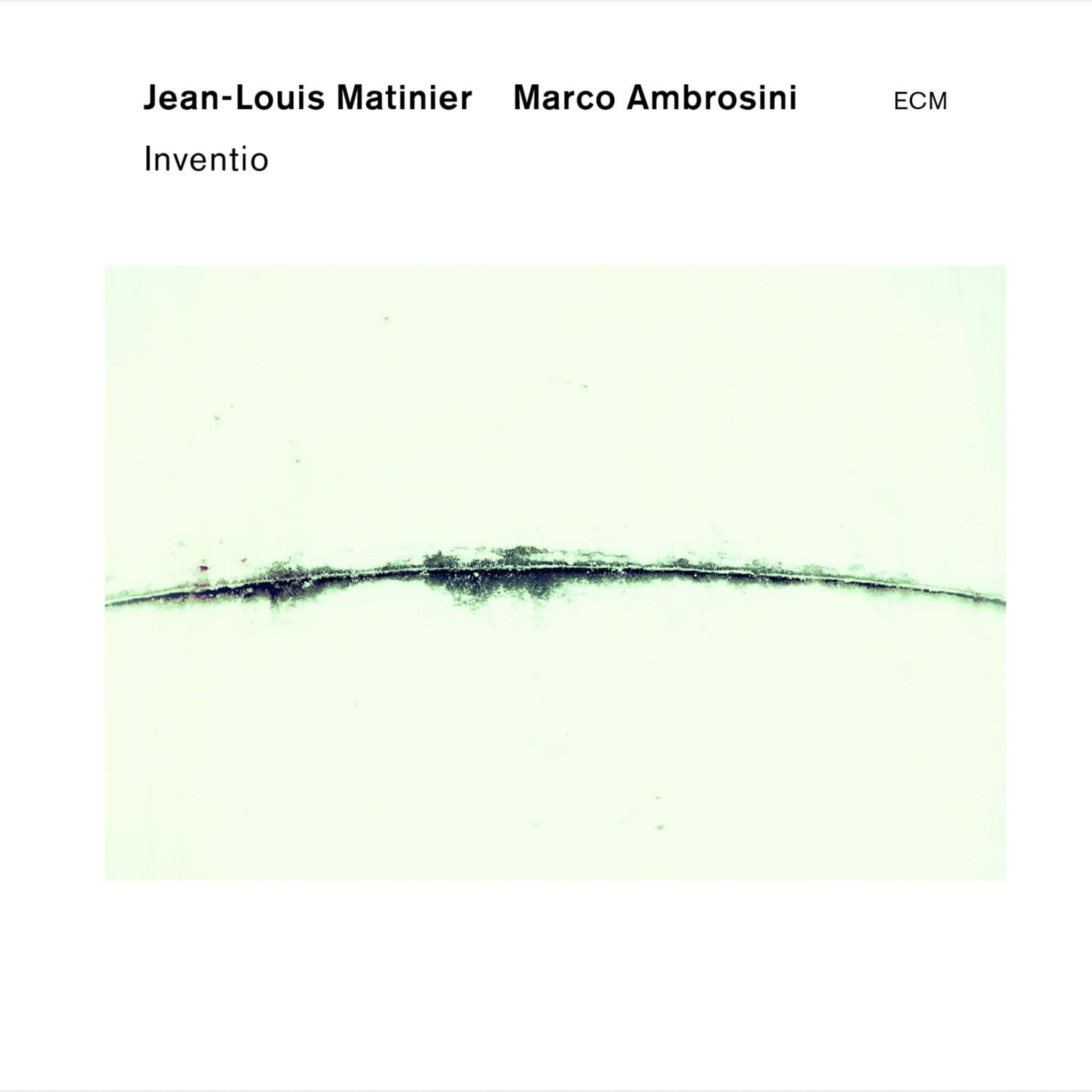Alben
Infos
Giovanni Battista Pergolesi

Giovanni Battista Draghi, genannt Pergolesi nach der Herkunft seiner Vorfahren aus Pergola in Mittelitalien, komponierte fast seine gesamte bedeutende Musik innerhalb von fünf Jahren: zwischen dem Abschluss seines Studiums am Konservatorium in Neapel 1731 bis zu seinem tragisch frühen Tod; er starb mit nur 26 Jahren im März 1736 an Tuberkulose. Was er in einem längeren Leben wohl noch erreicht hätte, ist müßig zu spekulieren. Die vollendeten Werke jedoch sind von einer Frische, Originalität und emotionalen Kraft, die ihnen angesichts der geringen Zahl eine überproportionale Nachwirkung und Popularität sicherten. Dazu gehören unter anderem instrumentale sinfonie, sechs abendfüllende Opern und zwei Messen (beide 1732).
Am bekanntesten blieben jedoch zwei ganz unterschiedliche Meisterwerke: Das lyrische, ergreifende Stabat mater, das Pergolesi 1736 kurz vor seinem Tod vollendete, und das 1733 entstandene Intermezzo La serva padrona, ein heiteres Zwischenspiel für eine opera seria, dessen jugendliche Beschwingtheit und musikalisches Feuerwerk das Schaffen von Rameau, Mozart, Rossini und sogar Strawinsky beeinflussten. Beide vollendet gestalteten, melodiösen Werke haben bis heute nichts von ihrer Beliebtheit verloren und werden immer noch häufig aufgeführt.








